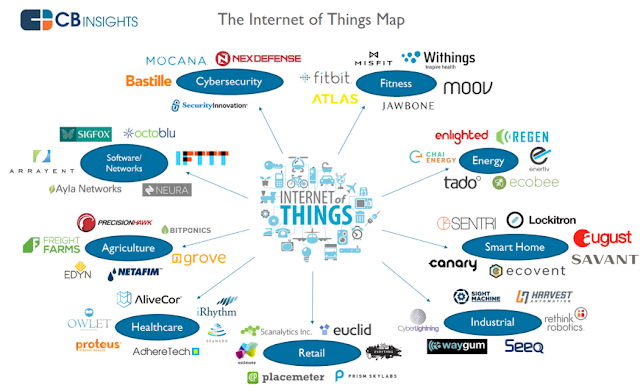There is fierce competition amongst providers to be ‘King of the Cloud’, but Microsoft Azure is a strong contender, with comprehensive offerings in both IaaS and PaaS. MCSD: Azure Solutions Architect is the definitive Microsoft Azure certification: by achieving it, you will have career-boosting proof of your expertise.
The key challenge of the MCSD: Azure Solutions Architect certification is its breadth. It comprises 3 Microsoft Specialist certifications, with associated exams:
- Developing Microsoft Azure Solutions
- Implementing Microsoft Azure Infrastructure Solutions
- Architecting Microsoft Azure Solutions
As the titles suggest, you’ll need to wear many hats: developer, systems/network admin, DevOps and solution architect.
Being part of the Microsoft stable, Azure – and by extension this certification’s syllabus - tends to do things the Microsoft way, even if there is the occasional conciliatory nod towards Linux and friends. You will have a much easier time if you nail the core Microsoft building blocks before you start the official certification.
Here’s a handy list of tools and topics for you to use when brushing up:
Building websites using .NET: You’ll be learning how to deploy .NET web applications to Azure, so be familiar with building and hosting ‘regular’ websites using .NET.
Microsoft SQL Server: Azure’s database offering, ‘Microsoft Azure SQL Database’ shares its code base with Microsoft SQL Server. Since we don’t yet live in a happy utopia with only ‘1 SQL to rule them all’, familiarise yourself with the specifics of SQL Server, particularly the T-SQL query language.
Visual Studio: You’ll spend a lot of time knees deep in Visual Studio, so get very familiar with the shortcuts and options which will save you time and pain. Or work out how to make it pretend to be Vim or Emacs, if that’s your thing.
C#: Unless you currently spend all of your time coding in C#, remind yourself of its specifics so you don’t spend countless hours wondering why your code doesn’t work, before realising that you’ve actually been trying to write C++ / Java / JavaScript all along.
PowerShell: Becoming a PowerShell guru can make your life a lot easier by automating repeated tasks. You’ll also be using it a lot for Azure configuration, so make sure you swot up on its differences from bash (or DOS, if you’re really old-skool).
Active Directory: In classic Microsoft style, things with similar names are actually quite different, so ‘Azure Active Directory’ does things quite differently from ‘regular’ Active Directory. But the core functions, including authentication, authorisation, directory query, and user/group management, are still there, and the syllabus includes extending on-premises Active Directory into Azure.
Core networking: Make sure you know your subnets, your VPNs, your UDPs etc.
There’s a shed-load of info and training material about everything Microsoft-related, including Azure and the topics above, on the Microsoft Virtual Academy, including a number of free e-books.
However you're planning to prepare, to achieve the MCSD: Azure Solutions Architect certification, making sure you’re as familiar as possible with the ecosystem of Microsoft development and networking tools will give you a strong head-start. Happy studying!














